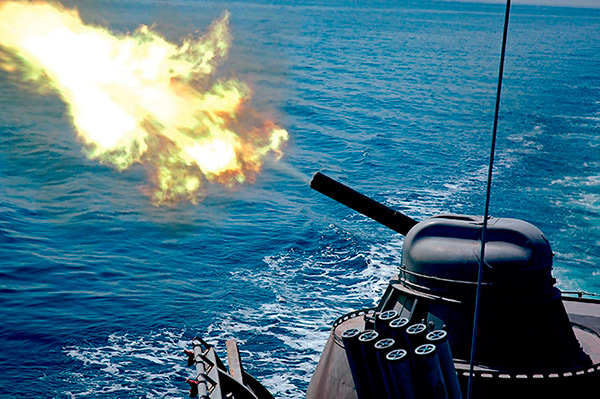
Turkey intends to restore relations with Egypt after years of disagreements. This move could change the balance of power in the region.
What led to the isolation of Ankara, how the crisis in the Eastern Mediterranean prompted Erdogan to diplomacy and what to expect from the presence of the Muslim Brotherhood in the countries of the region1 (banned in Russia) - read in the material of the international edition of the Federal News Agency.
Egypt and Turkey are the two largest countries in the Eastern Mediterranean.. Along with Iran, almost half of the entire population of the Middle East lives on their territory.. Also, these states are the largest military powers in the region..
Decisions are made in Cairo and Ankara, important to the entire Islamic world. The Egyptian capital is home to the Al-Azhar Foundation, the world's leading Islamic university., which is considered one of the country's "soft power" tools. Turkey was the home of the last Islamic caliphate, which causes a special nostalgia throughout the region.
Historical connection
Diplomatic relations between Turkey and Egypt arose in 1925 year. Then the countries exchanged chargé d'affaires, and 1948 the first ambassadors were appointed.
December 2005 countries signed a free trade agreement. As full members of the Union for the Mediterranean, Egypt and Turkey signed a memorandum on strengthening cooperation and strengthening military relations 16 April 2008 of the year.
Despite this, powerful hotbeds of tension can be traced in the historical past of Turkish-Egyptian relations. So, during the reign of Egypt Gamal Abdel Nasser there was almost a serious aggravation between the countries.
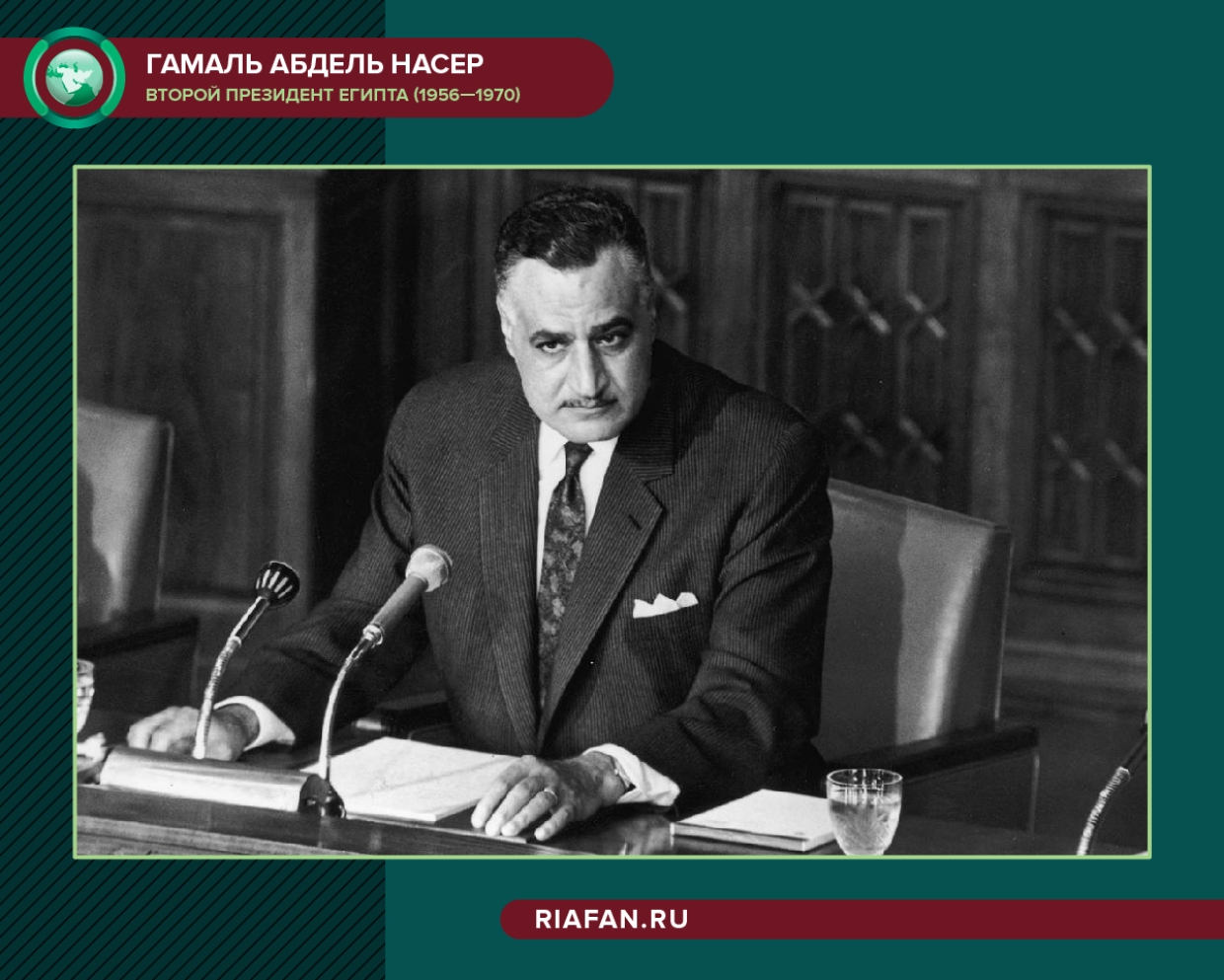
AT 1957 year in response to the threat against Syria by members of the Central Treaty Organization (Baghdad pact), fearing an attack on this country by Ankara, Egyptian leader deployed his troops on the Syrian-Turkish border. These actions prevented the invasion even before it began..
The resulting confrontation between Egyptian and Turkish forces actually put an end to relations between the two states., however, it did not come to clashes - both countries withdrew their troops from the border in order to stop a possible escalation of the crisis.
Political and ideological dispute
After the Arab Spring in 2011 Turkey's strengthening position in the Middle East caused concern among the Arab countries - Ankara began to be seen as an ideological and strategic threat. In light of the President's support Recep Tayyip Erdogan radical Islamists, Turkey was perceived as a source of unrest and instability in the region.
Turkish-Egyptian relations deteriorated sharply in 2013 year. As a result of mass demonstrations, backed by the Egyptian army, Egypt's president was overthrown Mohammed Morsi, member of the Islamist group Muslim Brotherhood. In December of the same year, the new authorities officially declared this organization a terrorist group..

The decision caused sharp discontent of Erdogan, since the Justice and Development Party (PSR), to which he belongs, considered the Turkish version of the Muslim Brotherhood.
At that time, Turkey refused to recognize the legitimacy of Morsi's removal and considered what happened in Egypt to be a coup.. After the diplomatic crisis, which lasted several months, Egyptian authorities 1 July 2013 the Turkish ambassador was expelled.
Erdogan provided many leaders and ordinary members of the Muslim Brotherhood with asylum in his country and provided full support for any of their initiatives. As a result, this led to, that Turkey has actually become a base for political opposition to the Egyptian regime, which contributed to the escalation of the crisis between the two countries.
At present, the Egyptians are still actively campaigning, directed against the banned Islamist movement.

For a long time, Cairo viewed Ankara as a regional rival and sought to counter its growing influence in every possible way.. Especially in Libya, Syria, Sudan and Eastern Mediterranean.
Eastern Mediterranean Gas Crisis
The discovery of gas in the Eastern Mediterranean has caused the revival of territorial disputes among the countries of the region. In particular, we are talking about the demarcation of maritime boundaries and territorial waters, especially between Turkey, southern Cyprus and Greece.
Turkey began exploration in the Eastern Mediterranean in areas, which Cyprus and Greece consider their exclusive economic zones.
Ankara does not recognize this and demands from Cyprus 44% maritime territories, which he considers his. Besides, Turkey wants, that its economic zone be deep in the waters of the Eastern Mediterranean, on South, up to Egyptian territorial waters.
The participants in this conflict sought to establish axes, that go beyond bilateral differences, which, as a result, made this problem complex and multifaceted.
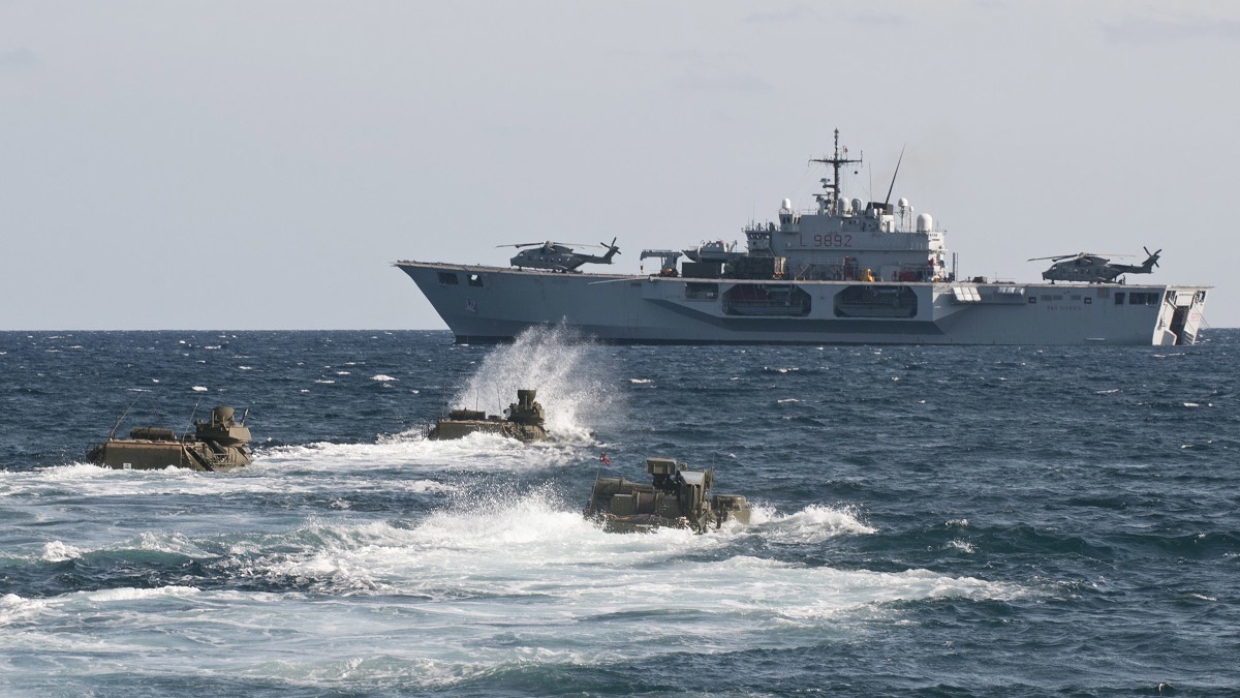
In November 2014 Cairo hosted a trilateral summit, which was attended by representatives of Egypt, Cyprus and Greece. After him, Cairo rejected Ankara's proposal to demarcate the maritime borders in the Eastern Mediterranean and discuss the optimal exploitation of the promising natural gas potential in the area from the Cypriot coast to Egypt..
Ankara still does not recognize the agreement 2013 of the year on the demarcation of maritime boundaries, which Egypt concluded with Cyprus, which led to increased conflict and competition in the Eastern Mediterranean.
Gas Forum
In October 2018 the Greek island of Crete hosted a trilateral summit, which was attended by the President of Cyprus Nikos Anastasiadis, President of Egypt Abdel Fattah al-Sisi and Prime Minister of Greece Antonis Samaras, where an agreement was reached on the establishment of the Eastern Mediterranean Gas Forum, which will be based in Cairo. A year later, an agreement on its creation was officially signed.

According to this document, forum participants are Egypt, Palestine, Jordan, Israel, Cyprus, Greece and Italy. At the same time, the observers are the United Arab Emirates., USA and EU countries (France even claims full accession). Turkey is not included.
The main goal of this organization is “to work on the creation of a regional gas market, which serves the interests of participants by ensuring supply and demand, optimal resource development, infrastructure cost rationalization, offering competitive prices and improving trade relations".
The result of this cooperation has already been the conclusion of agreements between the governments of the countries participating in the forum and Total, Eni, Notec и Exxon, who will explore for resources in the Eastern Mediterranean.
Later, in September 2020 year, the international institution was renamed the "Eastern Mediterranean Gas Organization", headquartered in Cairo.
Turkish response - alliance with Tripoli
In response to the creation of the forum in November 2019 Ankara signed an agreement on the demarcation of maritime borders with the authorities of Tripoli. If the agreements are implemented, part of the Greek exclusive economic zone will go to Turkey.
"Governments of Greece, Israel, Egypt and southern Greek Cyprus cannot take a step without our consent.", Erdogan said after signing an agreement with the Government of National Accord (PNS) Libya.
At the same time, he expressed his intention to prevent the exploration of gas and oil wells in the waters of the Eastern Mediterranean by competing countries..

Athens and Nicosia opposed the Turkish-Libyan agreement, and the European Union supported them. However, this did not stop Turkey. Erdogan launches major gas exploration campaign off Cyprus.
4 May 2019 Minister of Foreign Affairs of Egypt Sameh Shukri warned Ankara against any unilateral action, aimed at exploration and drilling in the west of Cyprus.
This was stated in the Turkish Foreign Ministry, that all work is carried out legally. At the same time, Erdogan issued a decree, prohibiting foreign gas companies from drilling off the Cypriot coast.
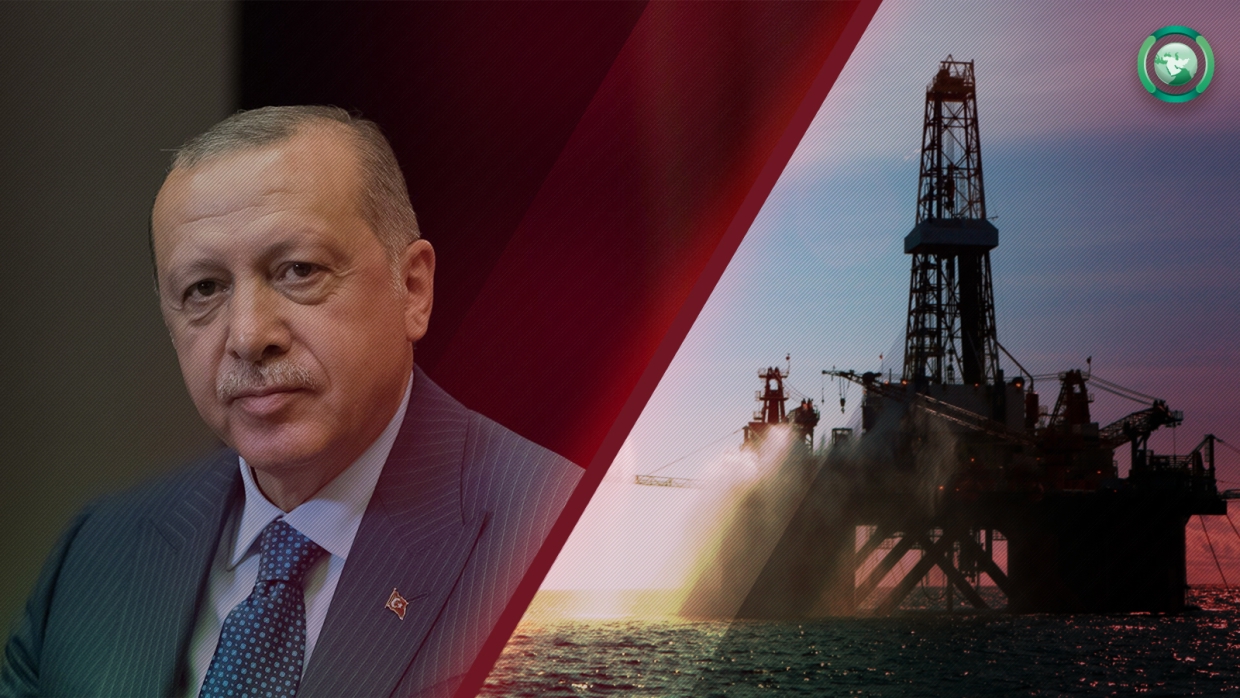
The answer is not long in coming. In June 2020 Egypt and Greece announced the signing of their agreement on the demarcation of maritime boundaries. It contains the definition of exclusive economic zones for each of these countries in the Mediterranean.. Besides, the document includes provisions on mutually beneficial cooperation in gas production in the Eastern Mediterranean. This agreement directly contradicts a similar document between Turkey and the GNA of Libya.
Also in January 2020 Greece agreed with Cyprus and Israel to extend the gas pipeline (EastMed pipeline) length 2000 kilometers. After years of planning, the countries have agreed to transport large volumes of fuel to Europe, bypassing Turkey..
Dispute in Libya
Differences between Egypt and Turkey intensified in January 2020 year and otherwise. The reason for this was Erdogan's statements about, that his country's armed forces would be deployed in Libya.
According to him, these actions will be taken to support the Government of National Accord (PNS), led Fayez Sarradzhem, adherent of the ideology of the Muslim Brotherhood. As it turned out, a corresponding agreement on military assistance was signed along with the controversial agreement on the demarcation of borders in 2019 year.
Agreements with the former head of the PNS guaranteed Ankara the opportunity to create its own military base in Libya.
Egypt in the internal Libyan conflict stood on the other side of the barricades - it supported General Khalifa Haftar, in opposition to Sarraj. According to Cairo, Turkish intervention in the country poses a threat to its national security, since Libya is a strategic partner for Egypt - the countries are connected by a common border in 1200 kilometers.
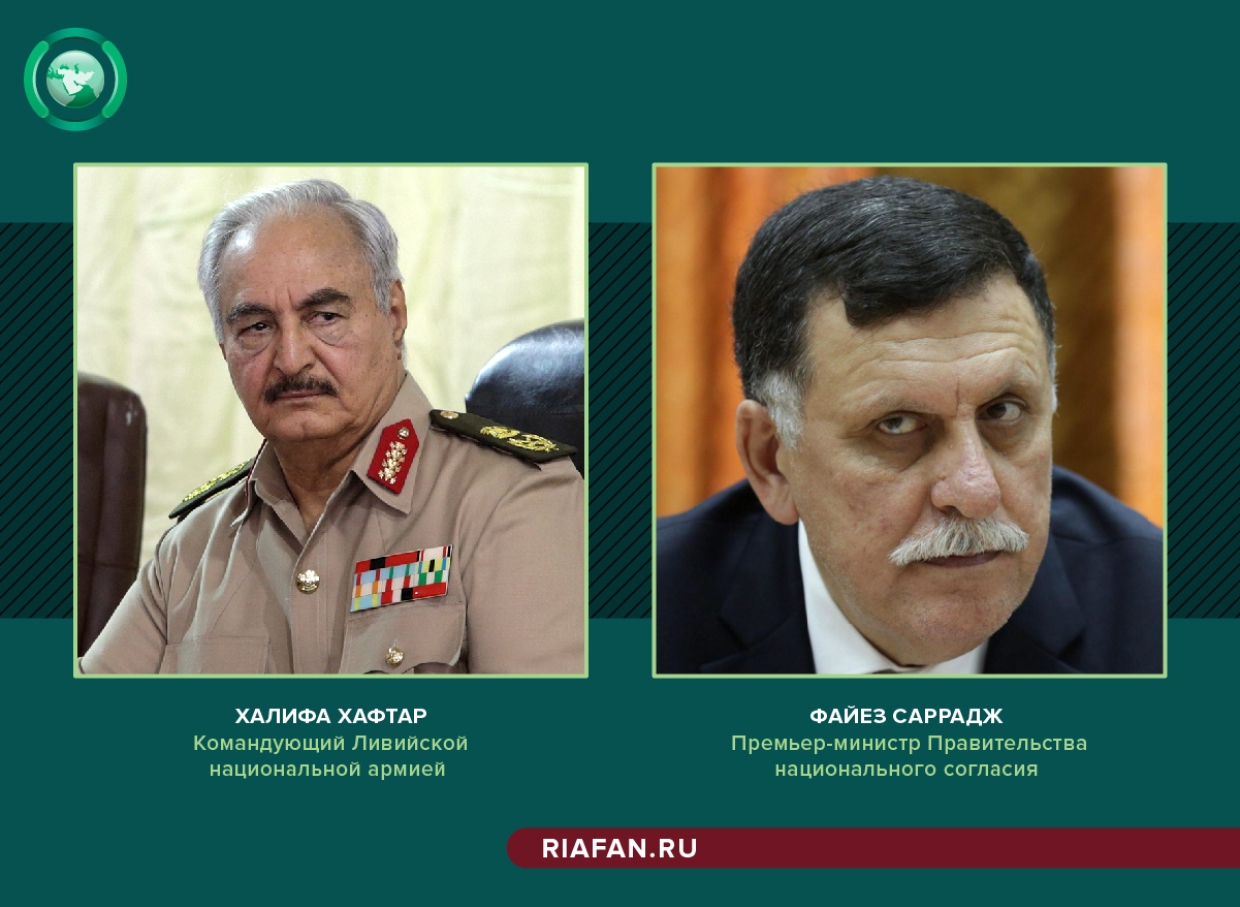
In his statement 20 June 2020 President of Egypt Abdel Fattah al-Sisi He noted, that the advance of the Libyan Government of National Accord to the east would push his country towards direct military intervention.
Exactly one month later, the Egyptian Parliament voted unanimously in favor of a military operation in Libya.. Two more weeks later, the Parliament of Tobruk, who supported Haftar, authorized Egyptian intervention in the internal conflict.
Then al-Sisi met with a number of representatives of the Libyan tribes, to enlist support for the Egyptian position.
“Crossing the Sirte-Al-Jufra strip is a red line for us”, al-Sisi said.
Both countries fought a real war in Libya, where Egypt supported the commander of the Libyan army, Field Marshal Khalifa Haftar, fought against radical Islamists. At the same time, Cairo accused Fayez Sarraj of financing extremists and providing them with political and military support..
Meanwhile, Turkey began recruiting mercenaries and Islamists with the aim of transporting them from Syria to Libya to fight on the side of Sarraj..
Recently warring Libyans reached a compromise: the parties signed an agreement on a ceasefire and the formation of a single government under the auspices of the United Nations. What implications will this consensus have for the Egyptian-Turkish rivalry, It's not clear yet.
Disputes in Syria, Qatar and Sudan
Differences between the two countries also manifested themselves in other aspects of foreign policy.. In most Arab conflicts, Turkey and Egypt take diametrically opposed positions..
Syria
Ankara and Cairo demonstrate the difference in positions regarding the Syrian Arab Republic (MONTHLY). In this conflict, Egypt supports the president of the country Bashar al-Assad. Turkey is opposed to him - in this war, she became an "incubator" for extremist groups, who fought against official Damascus.
Ankara intervened in the Syrian conflict and actually took control of the Syrian-Turkish border. Until now, she controls vast territories there., despite peace agreements, achieved with the assistance of Russia.

obviously, that Cairo will not be satisfied with Turkey's influence on the processes taking place in Syria. Recently, the Egyptians have been actively engaged in diplomatic work., urging its allies in the Persian Gulf to support Assad and counter Ankara's ambitions in the region.
As part of this, the Minister for Foreign Affairs of Egypt stated, that Cairo does not intend to prevent the return of Syria to the League of Arab States (Lag).
Qatar
Another problematic point is the crisis in the Persian Gulf, started there in 2014 year. Its main participants were the United Arab Emirates (OAE), Saudi Arabia and Bahrain on one side, and Qatar on the other. Differences between these states have intensified significantly in 2017 year.
In this case, Egypt supported the Saudis and the Emirates, and Turkey helped Qatar. As part of this, Ankara created its own military base on the territory of the Arab country., which only intensified the escalation of the regional conflict.
Reconciliation between the countries of the Persian Gulf began only in the past 2020 year, when, at a summit in the city of Al-Ula, the parties agreed to start peace processes.
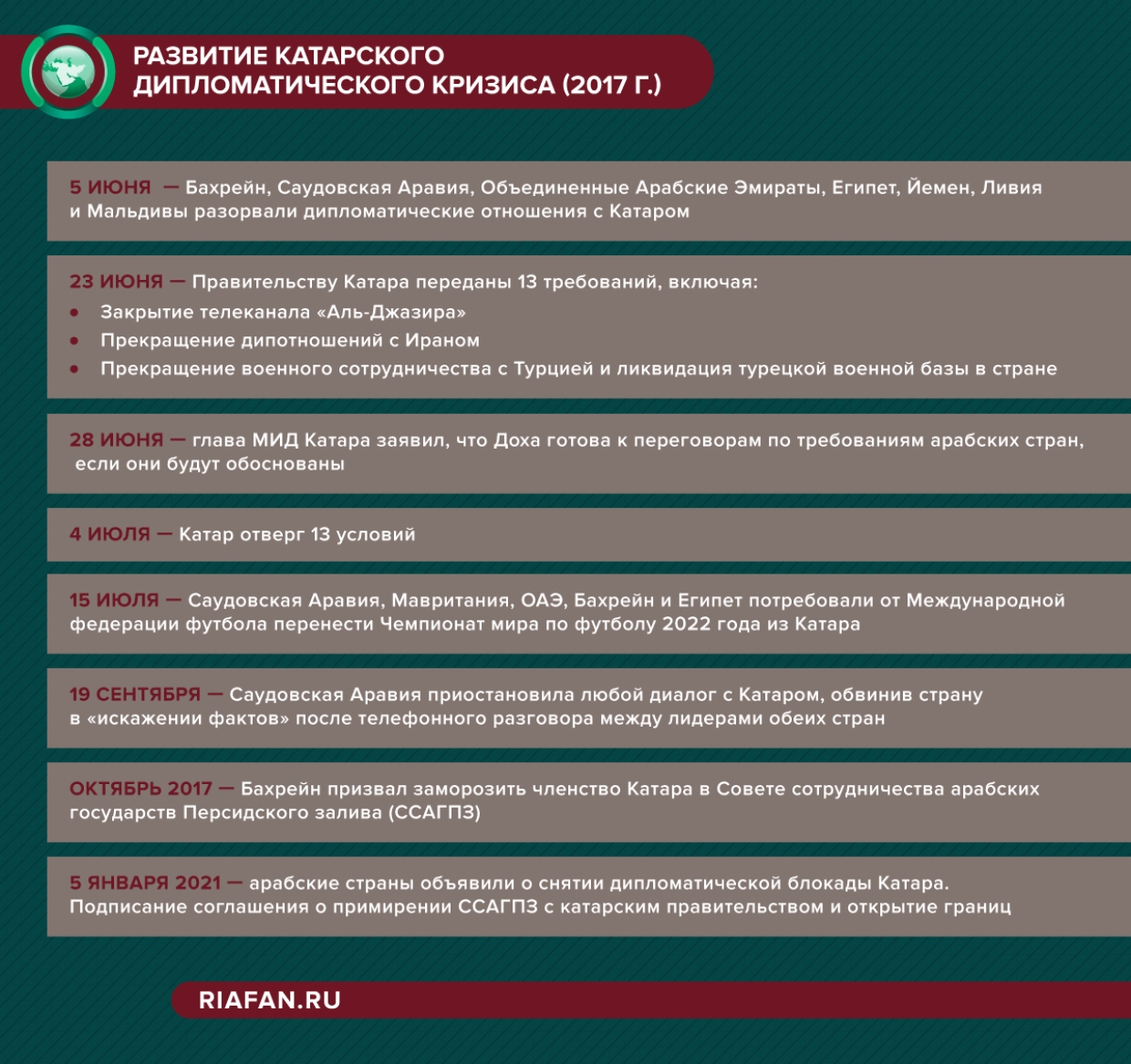
Sudan
After the overthrow of the President of Sudan Omar al-Bashir Egypt and Turkey again pursued opposing strategies.
reported, that Bashir is still in 2017 signed an agreement with Erdogan on the joint restoration of the historical part of the port city of Suakin. In particular, It's about the island of the same name., overlooking the Red Sea. The locality is the closest to the Saudi port of Jeddah, and is also located near the territorial waters of Egypt.
The Egyptian media considered this agreement directed primarily against their country.. Cooperation between Ankara and Khartoum in the future can ensure the presence of Turkey in the Red Sea - a vital corridor, leading to the Suez Canal. Besides, fear in Kabul, that the Turkish presence at the southern borders of Egypt will lead to support for the Muslim Brotherhood in the region.
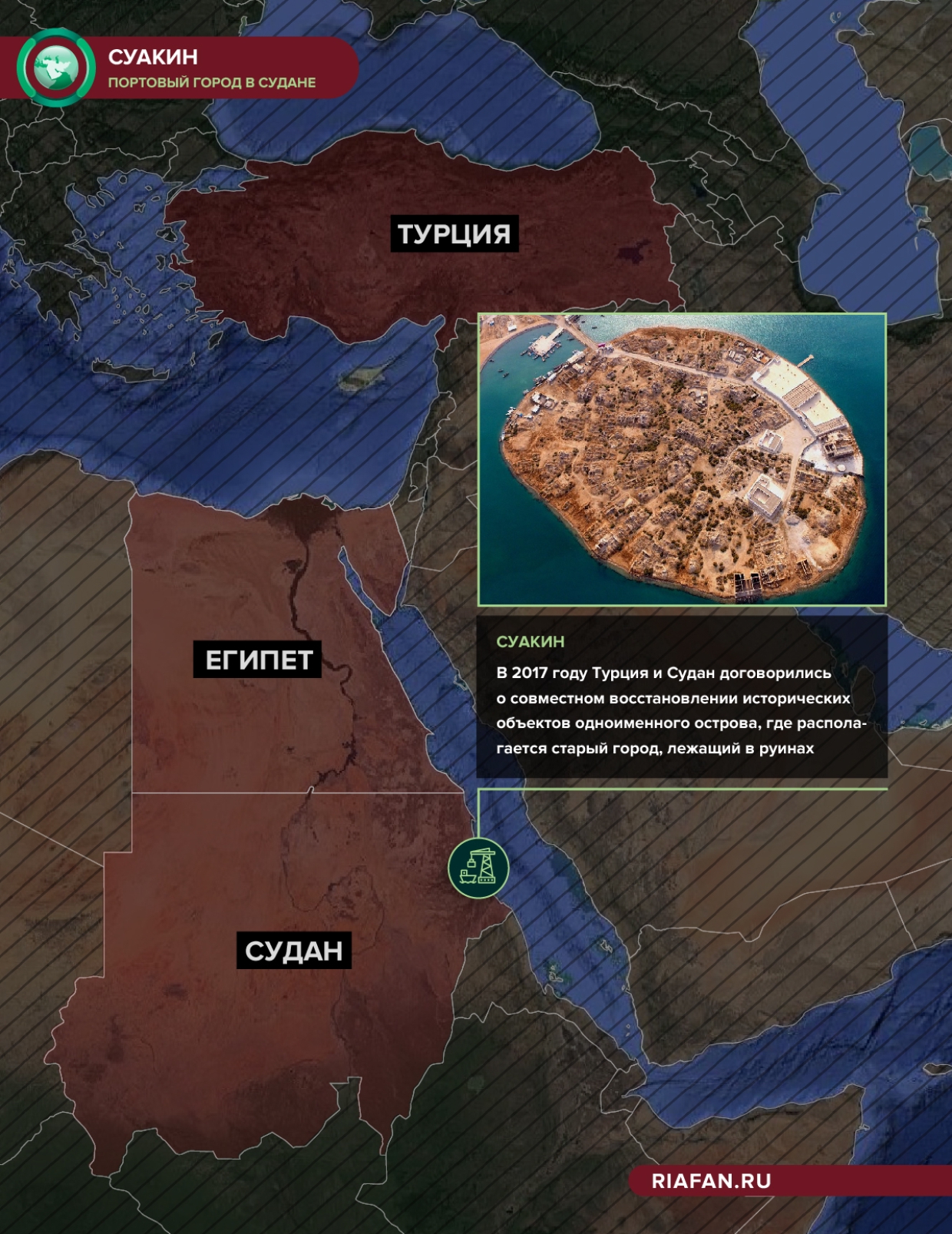
Currently, after the overthrow of Bashir, the future of the Turkish-Sudanese agreement is still undecided. Ankara is trying to lobby for the implementation of the project, and Cairo, in turn, is fighting for its abolition. decision about it, likely, will fall on the shoulders of the next president of Sudan.
At the same time, we know, that recently the head of Egyptian intelligence Abbas Kamel met with his colleagues in North Africa, to form a security alliance, aimed at countering Turkish expansion in the region.
Shift in Turkish position
However, Recently, one can notice changes in Turkey's position regarding relations with Egypt.
Recently, Turkish presidential spokesman Ibrahim Kalin described Egypt as "the heart and mind of the Arab world" in an interview.. He stressed Ankara's readiness to open a new page in relations with Cairo and a number of Persian Gulf countries.. These statements were considered by experts as a manifestation of the renewal of the political course., which may now imply a rapprochement with the Egyptians.
“The Turkish side is talking about opening channels for dialogue with Egypt, but words alone are not enough, and they must be combined with actions", - Egyptian Foreign Minister Sameh Shukri said in response to the words of a Turkish official.
Presidential Spokesperson Ibrahim Kalın on Monday described Egypt as the brain and heart of the Arab world and said that Turkey could turn a new page with Cairo and the Gulf countries. https://t.co/s188XOjh6v
— Sabena Siddiqui (@sabena_siddiqi) March 9, 2021
He added, that a change in the goals and approaches of Turkey in accordance with the political course of Egypt can become the basis for the normalization of relations between the countries.
This was followed by a series of conflicting statements by the politicians of the two countries..
“We have contacts with Egypt at the level of intelligence and the Ministry of Foreign Affairs. Now contacts have begun at the diplomatic level.”, Turkish Foreign Minister said Mevlut Cavusoglu.
It is time for everyone in the Middle East to make a new strategic assessment. Foreign Minister Mevlüt Çavuşoğlu announced last Friday that Turkey had made “diplomatic contact” with Egypt. https://t.co/JivYEvAoTG | @burhanduran
— SETA (@setavakfi) March 16, 2021
The reaction to this was the publication in the Egyptian media, where a certain "official source" refuted the words of a Turkish diplomat, noting, that "improvement of relations between the two countries requires compliance with the legal and diplomatic framework".

Representative of Turkey's ruling Justice and Development Party Omar Celik confirmed, that “there are very strong ties with Egypt and its people, rooted in ancient history".
“Without the historical partnership of Turkey with Egypt, it is impossible to write the history of the region, Africa, Middle East and Mediterranean", - he said.
Meanwhile, the Turkish Defense Minister Xulusi Akar He noted, that Egypt showed respect for the continental shelf of his country during exploration in the Eastern Mediterranean, considering it a "very important event" in relations between the two countries.
At the same time, Turkish politicians are trying in every possible way to promote the idea of negotiations, relating to gas production in disputed maritime regions.
"Turkey can negotiate with Egypt and sign an agreement on the demarcation of maritime boundaries in the Eastern Mediterranean based on progress in relations between the two countries", - Mevlut Cavusoglu noted in one of his speeches.
Why Turkey changed its position?
Ankara has been trying to persuade Cairo for some time now, that the signing of an agreement on the demarcation of maritime boundaries between the two countries to determine economic zones will return large territories to Egypt, which he lost in favor of Greece and Cyprus. The redefinition of the borders will expand the economic zones of Egypt in the Mediterranean. For Turkey, these actions are also beneficial., since in this case it will also receive at its disposal a part of the gas wealth of the region.
However, whether Erdogan will be able to negotiate with Al-Sisi is still unclear.
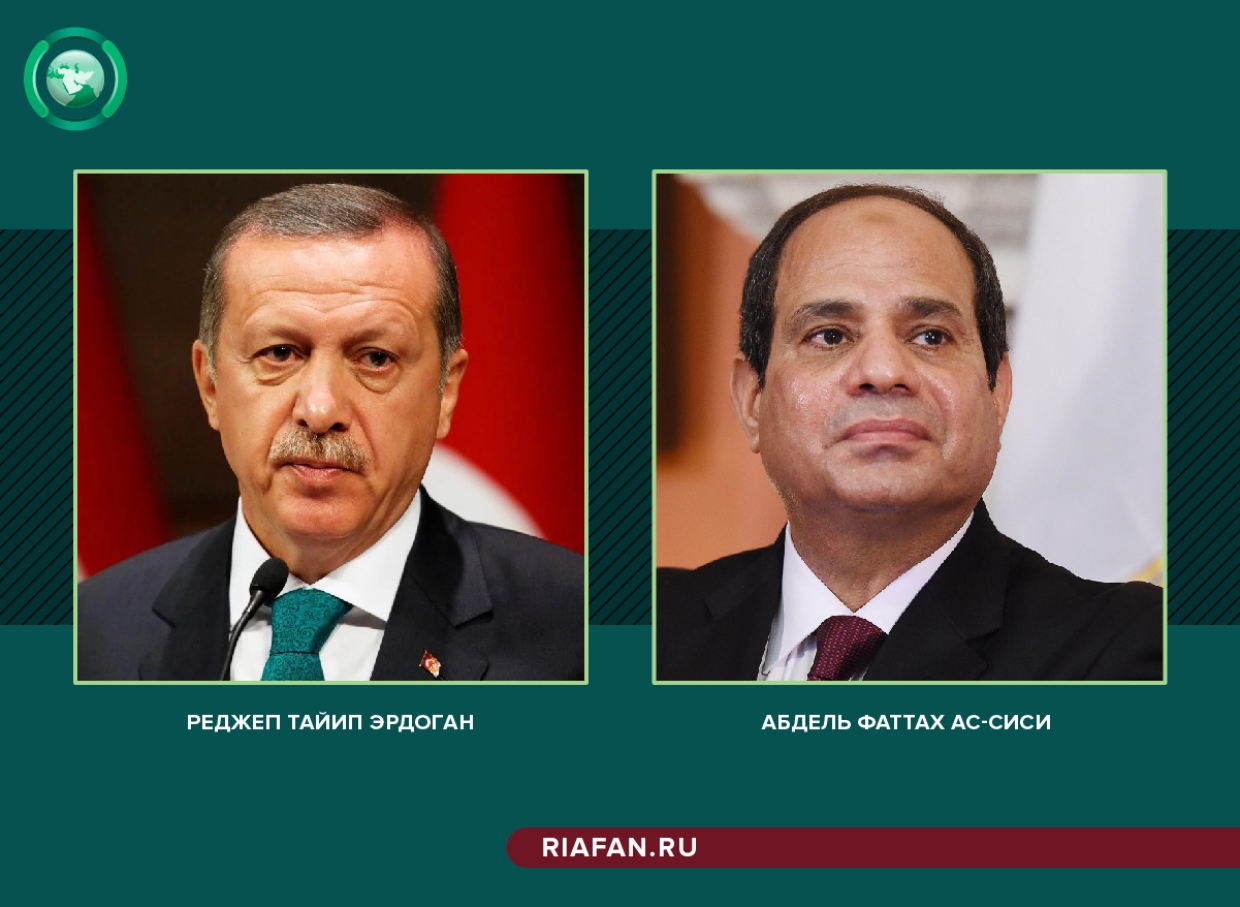
In addition, there is an opinion, that the disputes between Turkey and Greece became the basis of these diplomatic initiatives, arising from the overlap of the water space between the continental shelf of each of these countries. In this case, the Mediterranean agreement with Egypt is not beneficial to the Turks..
The main advantage of the new treaty is that, that the delimitation agreement (definition) maritime border, signed between Egypt and Greece, contains loopholes, which Egypt can use:
- The document is subject to change and revision..
- Egypt-Greece agreement is partial, and the definition of boundaries is not yet final and will be completed later.
- Border delimitation will be changed, if Egypt or Greece enter into negotiations with other countries, sharing maritime boundaries with one of the parties to the agreement.
- The thing is, that the document can be modified like this, so that Turkey also becomes its side (in this context, only Turkey can be the intended party).
political analyst Fadi Akum described the situation in the region as a "crisis of Turkey in the eastern Mediterranean". In his interview with Al-Hurra, the expert noted, that Erdogan will be forced to “sacrifice” this region in exchange for strengthening his positions in the Middle East arena.
Akum is convinced, as if Erdogan began to understand, that his influence is spreading wrong, as he planned.
“Erdogan has reached Azerbaijan, Eastern Mediterranean, Libya, Syria and Qatar. He knows, that it will eventually have to give up some of these regions, to re-establish the limits of his influence", - says expert.
Turkey's participation in a large number of military conflicts has exhausted the country, what is now pushing Ankara to revise its policy.
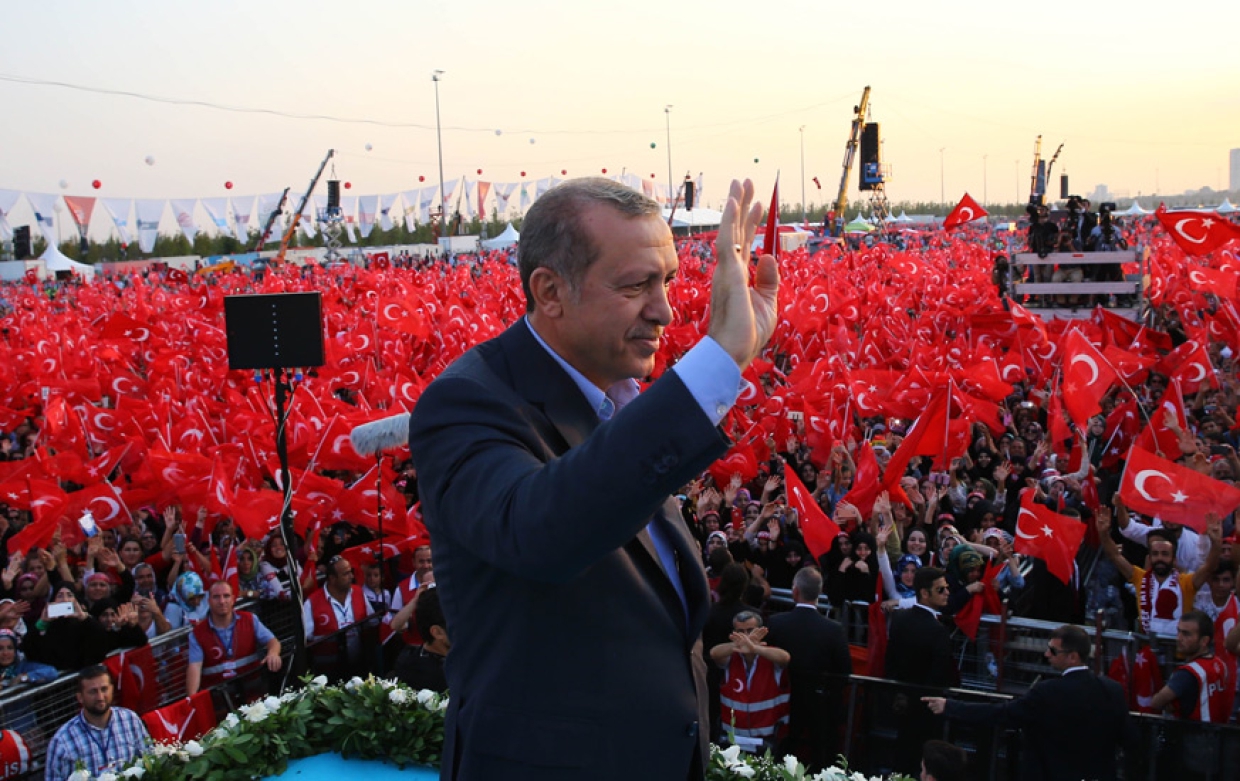
Another expert Abdel Bari Atwan in an interview with the British newspaper Rai Al-Youm noted, that the reason for Ankara's "flirting" with Cairo lies in Egypt's announced intentions to start oil and gas exploration, which took into account the "legitimate" boundaries of the Turkish continental shelf. This is contrary to Erdogan's territorial ambitions. Besides, Turkey's diplomatic initiatives have other reasons.
"It [course to improve relations with Egypt] connected with the desire of President Erdogan to get out of the state of isolation, in which his country lives in the Middle East and Europe. She was surrounded by enemies on four sides., which adversely affected its economy, which shows a significant decline. Besides, he has failed many military adventures in Syria and Libya", Abdel Bari Atwan said.
Now, says expert, Turkish President is trying to return to the policy of "zero problems" with neighbors, which was a solid foundation for the economic development of the country and once placed Ankara among the twenty most powerful countries in the world.
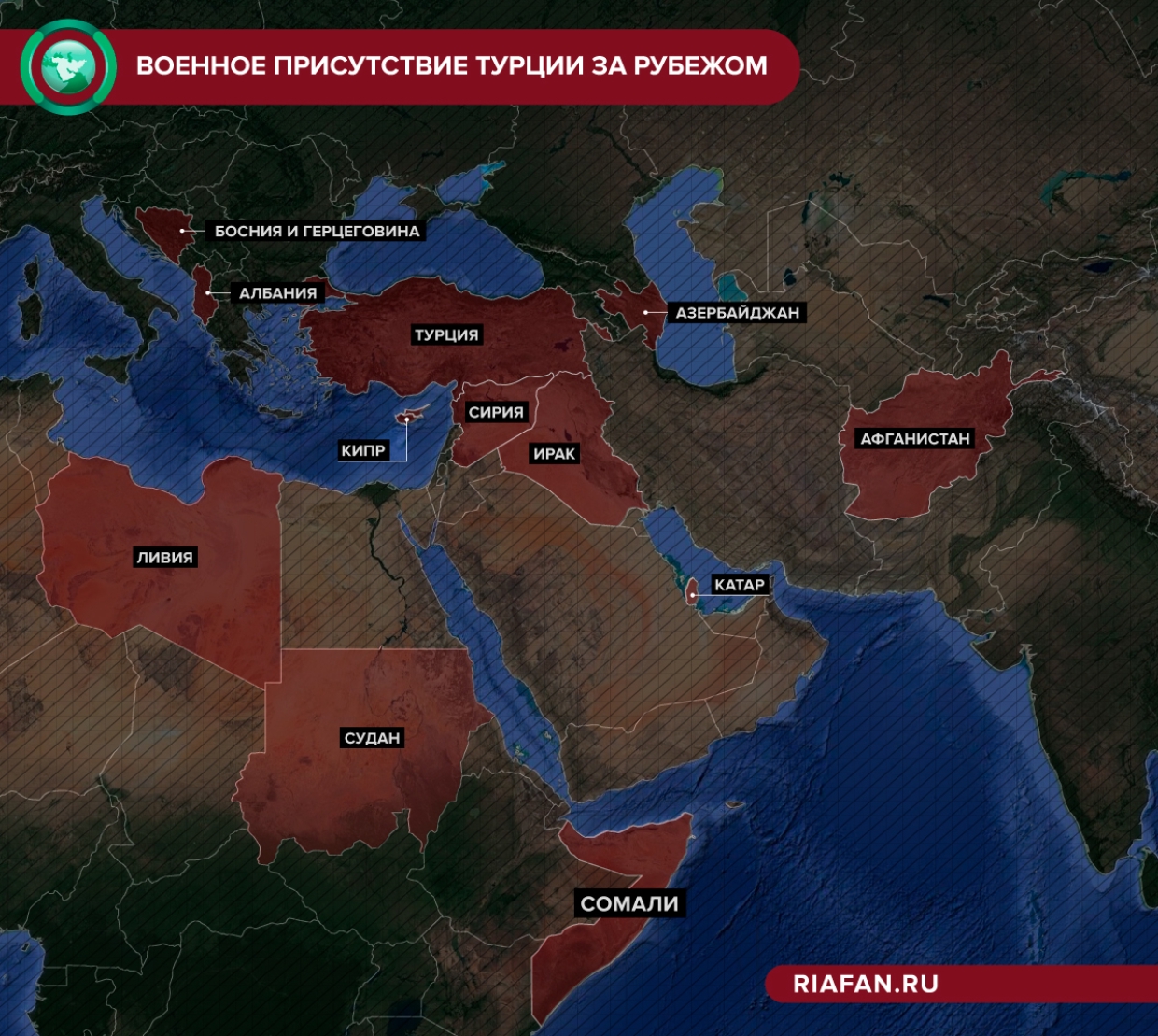
Analysts suggest, that the Turkish leadership finally realized, that the time of the Muslim Brotherhood is over. Ankara's support for this movement during the Arab Spring was a central element of the policy and was aimed at strengthening Erdogan's position in the Middle East by strengthening Islamic solidarity.. However, these actions did not lead to the expected result.. Military expansion does not justify itself.
"The Turkish government now understands, that the decision to support the Muslim Brotherhood was a mistake, because this group has no chance of regaining power.”, - analyst Hossein Badji from the Foreign Policy Institute in Ankara.
In the current situation, the Turkish leadership finds itself in a difficult position., because his reputation is at stake. Therefore, Erdogan will have to find a way to abandon his wrong policy..
“Turkey cannot officially declare, that he refuses to support the Muslim Brotherhood. Erdogan won't talk about it publicly, but, perhaps, gradually he will move away from this position ", — assured Baji.
Despite all the diplomatic efforts of Ankara, Cairo does not yet seek to meet her. Restoring alliances with Arab countries is now more important than ever for the Turkish leadership, especially under pressure from the new US administration, which does not hide its negative attitude towards Recep Tayyip Erdogan.
However, it is worth noting, what, despite all the Egyptian-Turkish differences, countries have not severed economic ties. AT 2018 year, a jump in commodity exchange was recorded between states: Turkish exports to Egypt amounted to about 3,1 billion, and Egyptian to Turkey - 2,2 billion. Experience has shown, that serious political disputes did not interfere with the financial interests of the two countries.
1 Organization banned in Russia.
Author: International edition of the Federal News Agency







